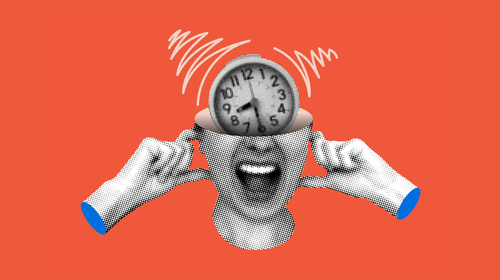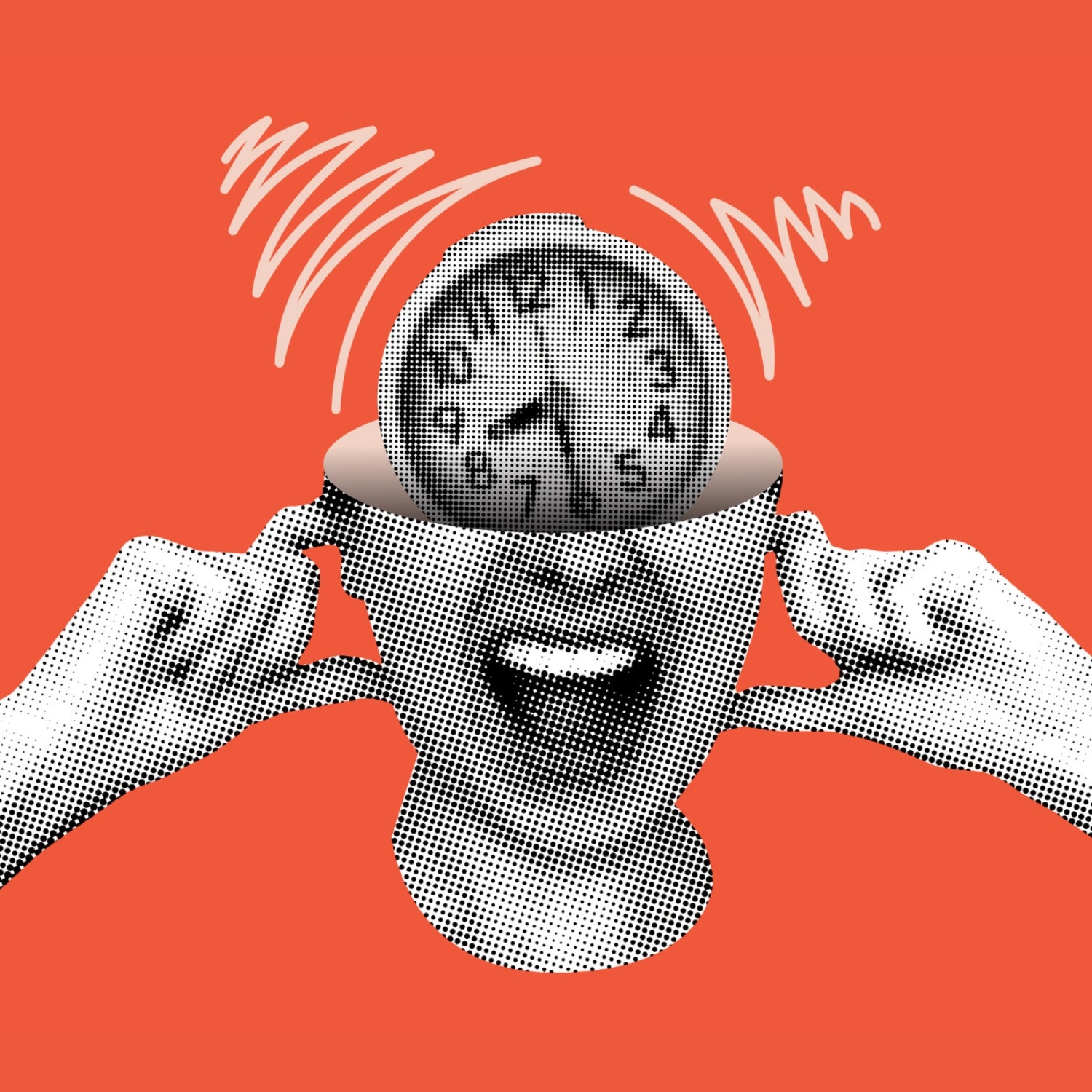One of my����clients, who I’ll call Jenny, is a 39-year-old entrepreneur. Lately, she’s been struggling with fatigue,��nothing too severe��but a general sense of exhaustion,��or, in her words, “not feeling as sharp and energetic as I’d like.”��The first solution that comes to mind is simple:��. But what if she tries resting��and still feels sluggish?
The Two Types of Fatigue
Jenny’s situation is not uncommon. It illustrates what I’ve come to think of as the difference between two types of fatigue:
- When your mind-body system is truly tired, or what I’ll call real fatigue.
- When your mind-body system is tricking you into feeling tired because you’re��in a��, or what I’ll call fake fatigue.
It’s important to differentiate between these two sensations because the response each requires couldn’t be more different—the former calls for shutting things down and resting. The latter calls for nudging yourself in the direction of , not taking the sensation of exhaustion too seriously but, instead, working your way out.
“Real” Fatigue
When it comes to physical fatigue, it may be the easier of the two to discern. This is because feedback tends to be more objective—your , your��,��or��the speed at which you run (or the weight you lift)��. For more generalized and predominantly psychological fatigue, however, such clear metrics are lacking. This means that you’ve got to��feel��your way into the right response.
Generally speaking, the cost of pushing through real fatigue is greater than the cost of acquiescing to fake fatigue.��Going too hard for too long and pushing yourself over the edge can result in , which�� shows can take many months—and, in severe cases, years—to reverse.
The safest bet, then, is to treat the onset of exhaustion as if it were real fatigue. Take a day (or a few) off. Sleep��a little extra.��Disconnect��from digital devices. If you can,��spend time in nature. Reexamine your regular��routine, and if something seems haywire,��make adjustments.
If you do all this and yet still feel malaise, then it’s worth seeing what happens if you firmly nudge yourself into action.
“Fake” Fatigue
An extreme example of “fake” fatigue is the exhaustion that accompanies depression. Your brain is doing everything it can to trick you into staying in bed all day when the best thing to break out of the cycle would be to get up and go, or what psychologists call “behavioral activation,” which is a����for depression.
This isn’t to say the sensations of lethargy, dullness, and torpor are not real—they are,��and they can be . But those sensations, as far as we know, are not organic, not caused by a lack of sleep, an expenditure��of physiological resources, or something wrong in the body, for example. If they were, taking action would make the situation worse. But, as����shows, with depression, taking action—particularly when supported by therapy—tends to make the situation better.
This kind of fake fatigue��happens on a smaller scale��all the time. For instance, about eight months ago,��I kept putting off starting my next big writing project. I felt tired! So I rested. And rested some more. After about three weeks of this, with the help of my own coach,��I decided to force myself to just get started. Three days later, I was in a great writing groove that lasted for over a month. More rest would have only deepened��the rut. I needed to work my way out of it.
How to Stop Feeling Tired
There is one more layer of nuance here, and it’s an important one. Sometimes, breaking the cycle of fatigue requires combining both of the above strategies. You may be experiencing real fatigue and thus need rest. But after a week of rest, your mind-body system may be recovered yet still latched onto the inertia of doing nothing. At this point, the strategy shifts. In sports, this is why so many tapers end with a few short, intense efforts.����show that these efforts wake the body up and snap it back into action.
Your best bet is to think of managing exhaustion as an��. Over time, if you pay close attention to how you feel, what you do in response, and what you get out of it, you’ll become better at differentiating between real and fake fatigue. The first step is learning that not all sensations of fatigue mean the same thing.
For those��accustomed to always pushing through exhaustion, perhaps you need a bit more rest. For those accustomed to always resting, perhaps you’d benefit from more of a just get-going,��“mood-follows-action”��mentality. Think of these approaches as two tools in the kit. There’s a time and place for each.
Brad Stulberg () is a performance coach and writes�����ܳٲ������’s Do It Better column. He is also the bestselling author of the books����and��.


